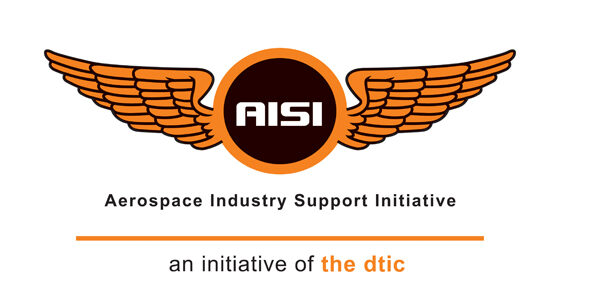
Hosting the Aerospace Industry Support Initiative (AISI) for the tenth year, the Council for Scientific and Industrial Research (CSIR) says the programme will focus on technology-based supplier development for the aerospace industry this year.
The initiative has been established for the Department of Trade and Industry (the dti) and has been hosted by the CSIR since 2006, says AISI manager Marié Botha.
She explains that the dti regards the aerospace industry as an important sector to promote, invest in and develop, as it is a major contributor to the knowledge economy, where growth depends on the quantity, quality and accessibility of the information available, rather than the means of production.
The AISI leverages local integrators or original-equipment manufacturers (OEMs), such as State-owned aerospace and defence technology conglomerate Denel, to assist small, medium-sized and microenterprises (SMMEs) in transferring technology and developing the skills necessary to use the technology efficiently, Botha adds. This develops SMMEs to become part of a supplier base to local OEMs, as well as enabling them to participate in an industry they would not have been able to under normal circumstances.
The AISI is strongly linking supplier development interventions with the potential development of the Small African Regional Aircraft (SARA), which is a proposed national project currently under review for support from government. The AISI would like to use a product platform, such as SARA, to ensure that the SMME supplier base is developed based on a product platform of a local OEM.
Botha states that the AISI propose four pillars of intervention for the initiativeís supplier development programme. The first pillar is technological enhancement, with technological transfer, development and validation forming subcategories. The AISI would leverage the national infrastructure and expertise at the CSIR, Denel, Aerosud Aviation and Universities to carry out these enhancements, ensuring a technical supplier base with enhanced industrialisation technologies.
The second pillar, enterprise enhancement, focuses on the sustainability of SMMEs. Botha adds that this will involve considering business systems that allow for and enhance the operations of
the SMMEs. She notes that attention must also be given to growth strategies and assisting with target markets. This is an area in which AISI has an abundance of expertise at its disposal.
The third pillar comprises standards and accreditations. She explains that, in the aerospace industry, standards are imperative.
She notes that it is always difficult for SMMEs to decide if they should comply with specific standards and accreditations because this process is financially demanding. AISI assists these SMMEs in implementing quality management systems so that they can supply into the aerospace industry.
The fourth pillar comprises supply chain optimisation interventions, which focus on process optimisation as well as energy optimisation. Botha says a thorough examination of systems surrounding the SMMEs needs to be carried out and she highlights the need to address the fourth industrial revolution of the digitisation of everything.
The AISI considers this trend of digitisation of the industry in the supply chain, optimisation work, which is carried out within its supplier development programme, Botha concludes.
